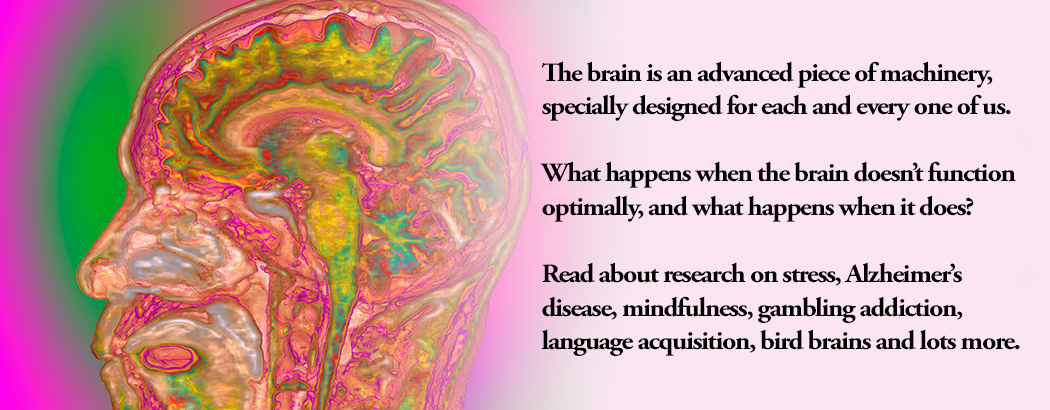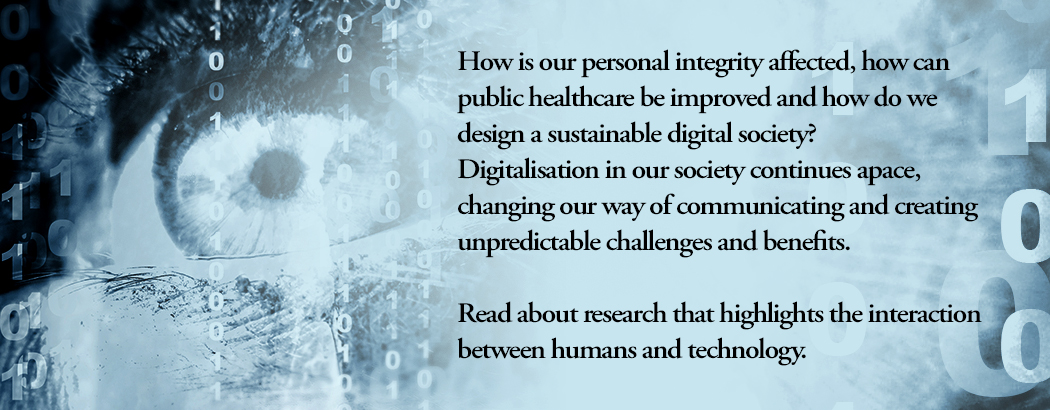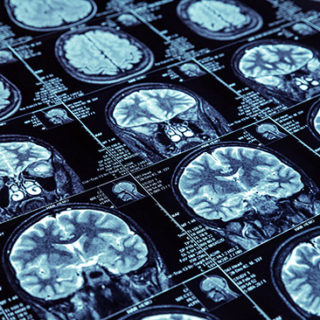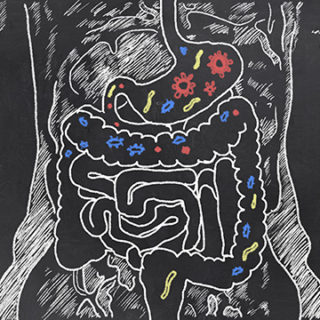Category: Medicine & health
Using machines such as magnetic resonance image scanners, we can see into our brains. The images provide considerable help in detecting various disease-related changes such as tumours or constrictions in blood vessels. These images can also show how the brain works and answer questions such as: where is there activity...
Alzheimer’s disease is characterised by so-called plaques – white clumps of the beta-amyloid protein in the brain. The prevailing line of argument has therefore been that patients should be treated to make the plaques disappear. This approach sounds logical, but has not resulted in any new effective medicines – and...
Fighter pilots and interpreters are some of the most valuable assets of the Swedish Armed Forces. But rather than the physical exertion that fighter pilots go through, the acid test for prospective interpreters is in foreign languages. According to research from Lund University, this type of intensive language learning makes...
Imagine being a soldier, riding in a tank through a city in a war zone. Among the civilians and innocent private citizens, you are to distinguish potential threats and hostile combatants. Despite training and military experience, it is almost impossible to make the right decision in such a chaotic and...
Pia Dellson is an oncologist and psychiatrist with personal experience of burnout. In late 2012 she had a breakdown and suddenly could not cope with anything. She considers that she “broke her brain”. “When you break a leg there is nothing you can do except rest the leg and wait...
When the collection letters are piling up and the bailiff is at the door, the rational response would be to stop the behaviour that caused the situation. But for those who suffer from gambling addiction, the reaction may be the opposite – an increase in gambling and a chase to...
We need to be able to listen to the brain in order to better understand how the brain works and what happens when it is affected by different conditions. We must be able to do this without causing damage, while being certain about which brain cells we are actually listening...
“Just remember, if your thoughts wander away – gently remind yourself to return to focusing on your breath”. The voice in my mindfulness app startles me a little as I am deep into my meditation, sitting in a chair with my eyes closed. After more than a month’s practice I...
Brain shrinkage associated with chronic stress has been observed by researchers in both mice and human subjects. But, what causes the shrinkage and can it be prevented? Meet neuroscientist Henrik Jörntell, who studies the brain’s fundamental mechanisms and function. Our brains contain around 100 billion nerve cells, which all work...
















